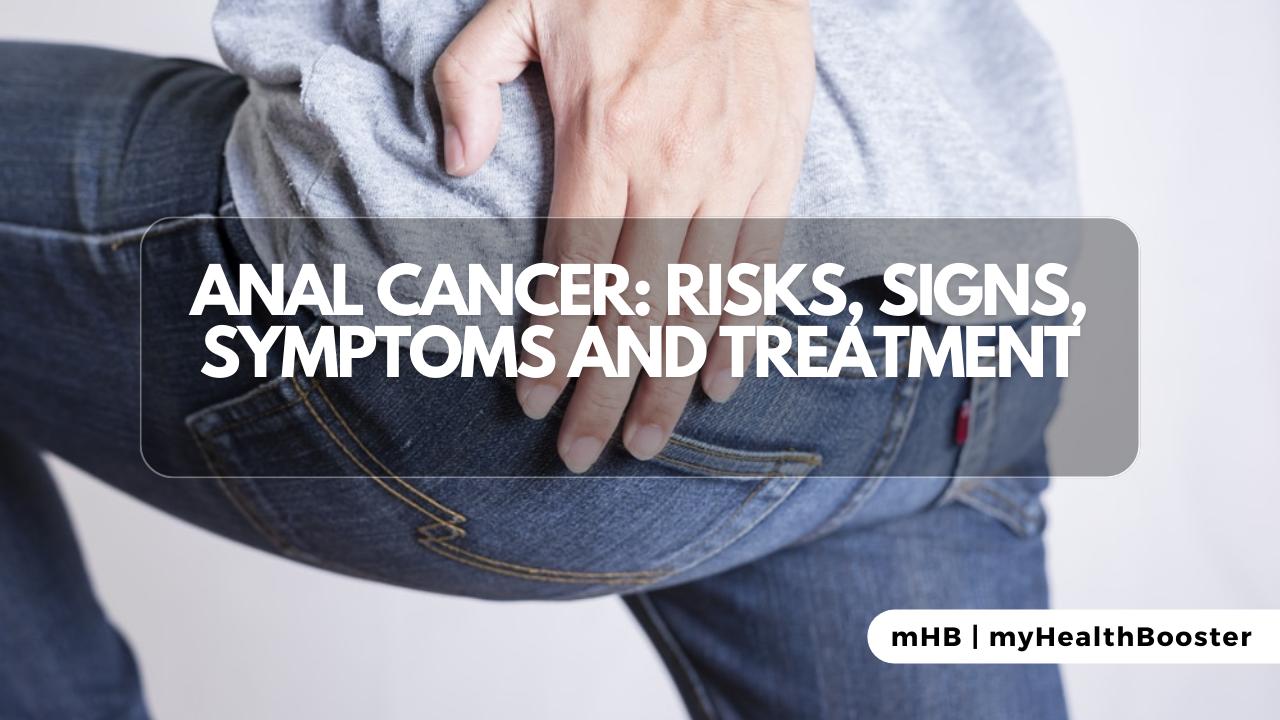Anal cancer is a type of cancer that affects your anus’ tissues or the lining of your anal canal. It can cause symptoms such as rectal bleeding, blood in the stool and may lead to severe harm or even death. Most anal cancers are related to human papillomavirus (HPV) infection but certain risks factors may also increase your chances of getting them These are;
- Having a weakened immune system as a result of certain health conditions like the human immunodeficiency virus (HIV) or an organ transplant.
- Having a personal history of vulvar, vaginal, or cervical cancers.
- Having indiscriminate sex or multiple sexual partners.
- Having receptive anal intercourse (anal sex).
- Smoking cigarettes.
- Being age 55 and older.
How is anal cancer diagnosed?
Check with your doctor and consult with your primary healthcare provider if you have any of the following:
- Rectal bleeding.
- A lump or mass which may appear at your anal opening.
- Feeling Pain.
- Leaking stool.
- Feeling like you constantly need to poop (tenesmus).
Your doctor may proceed to ask you about your symptoms, medical history, and may even ask questions regarding your sexual activity in order to check general signs of health, including checking for signs of disease, such as lumps or anything else that seems unusual. A digital rectal examination, an endoscopic test, an imaging test and an anal Pap test or biopsy will also be conducted on you to obtain cells for a medical pathologist to examine under a microscope.
Your doctor’s prognosis will then depend on the following:
- The size of the tumor.
- Whether the cancer has spread to the lymph nodes
And the treatment option will depend solely on your doctor’s observation which will include the following;
- The stage of your cancer.
- Where the tumor is in your anus.
- Whether you have human immunodeficiency virus (HIV).
- Whether cancer remains after initial treatment or has recurred.
What are the treatment options for anal cancer?
Oncologists have a broad option for the treatment of anal cancer, however, it may involve a combination of treatments, depending on the growth of your cancer and what stage it is at.
Surgery can also be used to cut out tumors, and chemotherapy and radiation can be used to kill the cancer cells; sometimes all three of these treatment approaches may be applied in the treatment of your cancer.
